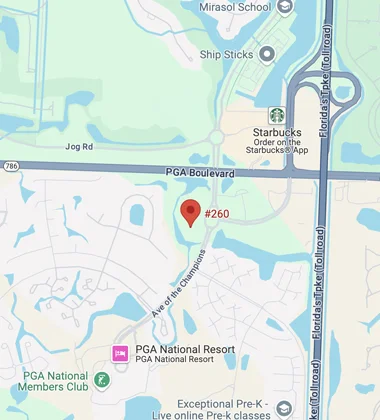West Palm Beach Sexual Harassment Attorney
Representing the Victims of Sexual & Other Kinds of Workplace Harassment in Florida
Workplace harassment—including sexual harassment—creates what has been labeled a “hostile” work environment. This type of environment makes it difficult for the harassed employee to do their job due to intimidation or fear of:
- Being fired or otherwise harmed
- Ridiculed
- Or taken advantage of
It often involves discriminatory conduct, which is illegal under state and federal law. Harassment can be caused by a supervisor, a co-worker, or a person in the environment who is not a direct employee of the company. It also may involve a group of people acting together as harassers.
If you have been harassed at work, you may have recourse through an employment claim filed against your employer. At Sconzo Law Office, P.A., our West Palm Beach harassment attorneys have the knowledge, skill, and drive to help you obtain justice. We are a leading law firm in the area that vigorously fights for the rights of wronged employees. When you bring your case to us, you will not pay a fee unless we win on your behalf.
Don’t Be Afraid to Fight Back—We’re on Your Side
Many employees who have experienced harassment find themselves in a seemingly impossible position—either they continue to work in a hostile environment and be miserable or quit their job and lose out on income while they search for a new one.
Fortunately, there might be a third way out. If you have been harassed at work, the law is on your side. We will help you uphold your legal rights. Let us stand up to your employer on your behalf so you no longer have to deal with such painful circumstances at work.
What Constitutes Harassment in Florida?
Workplace harassment may come in the form of both physical and verbal conduct. It may be a violation of laws that prohibit discrimination based on one’s sex, religion, age, nationality, disability, or race. However, there is no “one size fits all” way for harassment to manifest.
Examples of harassment include:
- Slurs of a racial, religious, sexual, or age-related nature
- Name-calling
- Lower pay, being passed over for promotion, undesirable work assignments or schedules
- Offensive jokes
- Discussions of sexual activities
- Sexual advances
- Posting sexual photos, emails, or texts
- Indecent physical gestures
- Touching or making body contact that is sexual in nature
- Repeatedly asking someone for a date after being consistently turned down
- Repeated comments on an employee’s body, physical attributes, or dress
- Veiled threats of job loss unless one engages in sexual favors (“quid pro quo”)
To make a claim of harassment or sexual harassment, the behavior generally must be consistent or pervasive. One isolated instance will not usually support a legal claim for harassment or hostile work environment. Because of this, it is essential to document the instances of harassment as much as possible for substantiation. A valid claim may lead to compensatory damages.
What Constitutes a Hostile Work Environment?
While harassment may come from a single individual, such as a supervisor or colleague, harassment thrives in work environments that the law classifies as “hostile.” As we mentioned above, hostile work environments make it difficult for harassed employees to do their jobs because the workplace itself has become associated—if not synonymous—with such behavior.
As defined by law, a hostile work environment is one in which employees are subjected to treatment or actions that are intimidating, aggressive, and/or offensive to the average person. Though this can manifest in numerous ways, the burden of proof on the person making the accusation is high. This means that minor infractions or disputes, despite how hurtful, may not qualify as a hostile work environment in a court of law.
Cases involving hostile work environments tend to feature some or all the following elements:
- A company culture in which workers are regularly subjected to non-consensual sexual advances, offensive comments, and other inappropriate behavior from colleges and/or higher-ups.
- A culture that permits discrimination, including comments, jokes, and insults based on race, national origin, religion, gender, sex, disability, pregnancy, or other protected class.
- Frequent retaliatory treatment against employees who file complaints or report violations, also known as whistleblowing.
- Management that uses or allows threats and/or force to be used to intimidate workers, creating a culture of abuse or fear.

